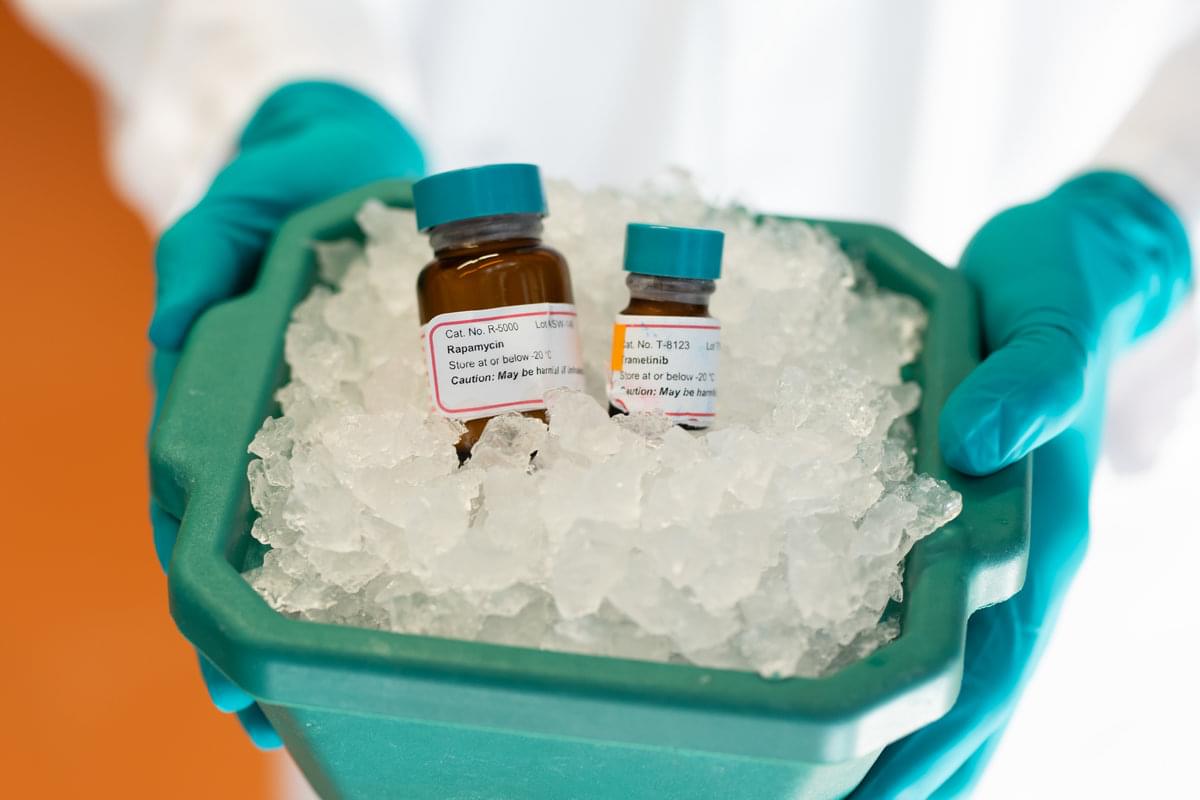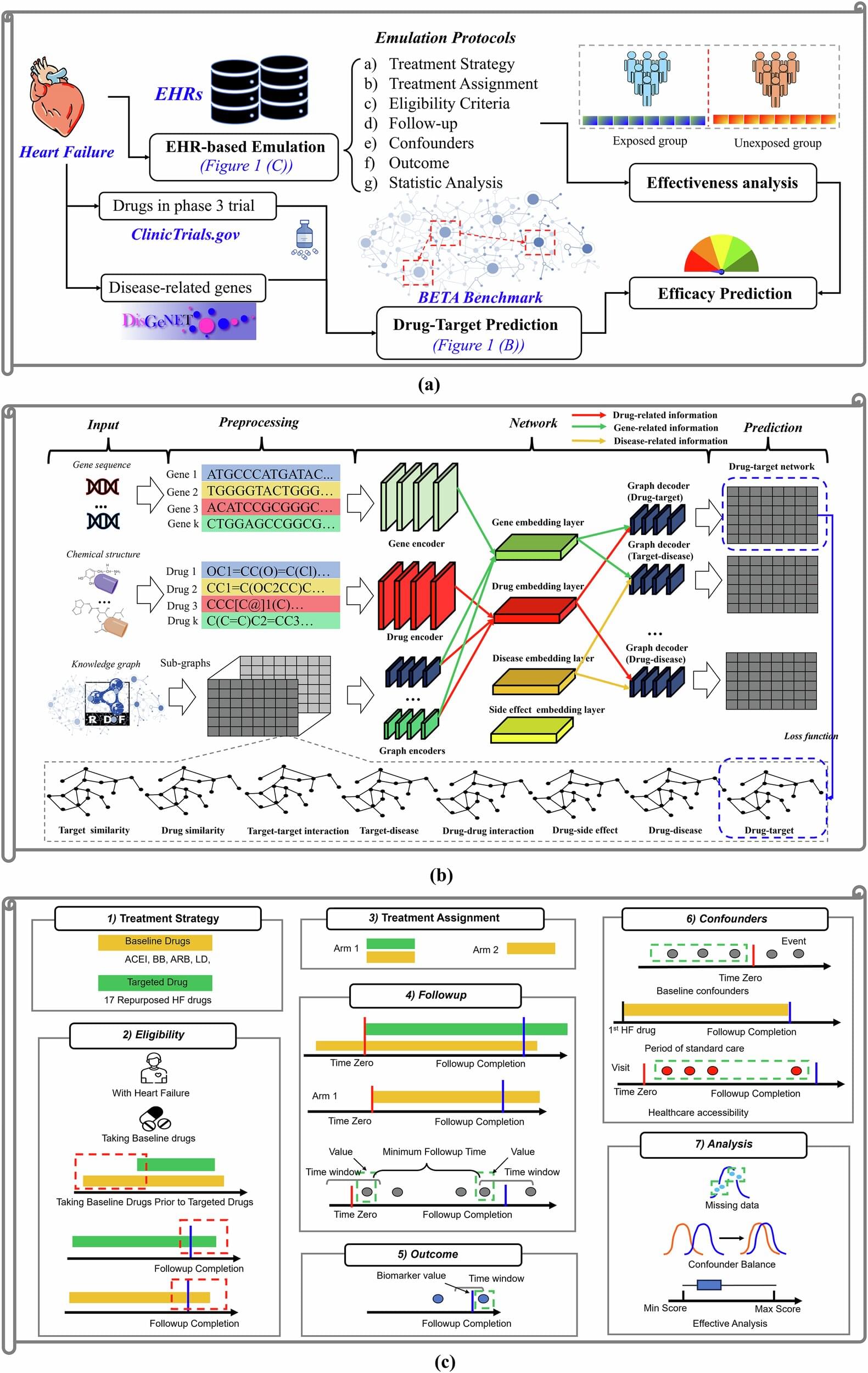A new study shows that the brain benefits of exercise may be partly replicated with an IV infusion of lactate, the by-product of intense physical activity.



A 2018 review became the first meta-analysis to quantify the impact of what they termed “greenspace exposure”. It sifted through five online databases leading up to January 2017 to look at the health outcomes of exposure to the great outdoors and found that “green prescriptions” could have substantial benefits to human health.
Perks mentioned included decreased salivary cortisol (the “stress hormone”), lower heart rate, blood pressure, and cholesterol, among others.
“Incidence of stroke, hypertension, dyslipidaemia, asthma, and coronary heart disease were reduced,” wrote the authors. “For several non-pooled health outcomes, between 66.7% and 100% of studies showed health-denoting associations with increased greenspace exposure, including neurological and cancer-related outcomes, and respiratory mortality.”


A lack of soap is the most often reported barrier to effective hand hygiene—key to curbing the spread of infection—in shared community spaces, such as households, schools, and public places, finds a systematic review of the available research, published in the open access journal BMJ Global Health.
It found that the barriers most often reported concerned physical opportunity, such as the availability of soap, and lack of motivation— hand hygiene not prioritized, or not habitual practice, for example. On the other hand, the enablers most often reported being aligned with motivation in the form of habitual practice and perceived health risk.
A further systematic review found that most of the reported efforts to improve handwashing didn’t always address identified barriers or enablers to ensure behavioral sustainability, nor did they fully consider the fundamental resources needed for hand hygiene, such as soap, water, and handwashing facilities.

Researchers have provided new insights into how exercise helps lose weight. They discovered a mechanism by which the compound Lac-Phe, which is produced during exercise, reduces appetite in mice, leading to weight loss. The findings appeared in Nature Metabolism.
“Regular exercise is considered a powerful way to lose weight and to protect from obesity-associated diseases, such as diabetes or heart conditions,” said co-corresponding author Dr. Yang He, assistant professor of pediatrics—neurology at Baylor and investigator at the Duncan NRI. “Exercise helps lose weight by increasing the amount of energy the body uses; however, it is likely that other mechanisms are also involved.”
The researchers previously discovered that Lac-Phe is the most increased metabolite—a product of the body’s metabolism—in blood after intense exercise, not just in mice but also in humans and racehorses. The team’s previous work showed that giving Lac-Phe to obese mice reduced how much they ate and helped them lose weight without negative side effects. But until now, scientists didn’t fully understand how Lac-Phe works to suppress appetite.

Mayo Clinic researchers have developed a new way to predict whether existing drugs could be repurposed to treat heart failure, one of the world’s most pressing health challenges. By combining advanced computer modeling with real-world patient data, the team has created “virtual clinical trials” that may facilitate the discovery of effective therapies while reducing the time, cost, and risk of failed studies.
“We’ve shown that with our framework, we can predict the clinical effect of a drug without a randomized controlled trial. We can say with high confidence if a drug is likely to succeed or not,” says Nansu Zong, Ph.D., a biomedical informatician at Mayo Clinic and lead author of the study, which was published in npj Digital Medicine.

Mortality after emergency abdominal surgery is more than three times higher in the least developed countries compared to the most developed. Yet among those who undergo surgery, injuries tend to be less severe—raising concerns that those most critically injured are not even reaching the operating theater.
A study published in The Lancet Global Health has revealed stark global inequalities in survival after emergency abdominal surgery for traumatic injuries. The research found that patients in the world’s least developed countries face a substantially higher risk of dying within 30 days of surgery than those in the most developed nations, as ranked by the United Nations Human Development Index (HDI).
Although overall mortality rates appeared similar across settings at 11%, risk-adjusted analysis showed that patients in the lowest-HDI countries faced more than three times the risk of death compared with those in the highest-HDI group, while the risk in middle-HDI countries was nearly double.


NASA announced a trailblazing experiment that aims to take personalized medicine to new heights. The experiment is part of a strategic plan to gather valuable scientific data during the Artemis II mission, enabling NASA to “know before we go” back to the lunar surface and on to Mars.
The AVATAR (A Virtual Astronaut Tissue Analog Response) investigation will use organ-on-a-chip devices, or organ chips, to study the effects of deep space radiation and microgravity on human health. The chips will contain cells from Artemis II astronauts and fly side-by-side with crew on their approximately 10-day journey around the Moon. This research, combined with other studies on the health and performance of Artemis II astronauts, will give NASA insight into how to best protect astronauts as exploration expands to the surface of the Moon, Mars, and beyond.

Cannabis use is linked to an almost quadrupling in the risk of developing diabetes, according to an analysis of real-world data from over 4 million adults, being presented at the Annual Meeting of the European Association for the Study of Diabetes (EASD) held in Vienna, Austria (15–19 Sept).
Cannabis use is increasing globally with an estimated 219 million users (4.3% of the global adult population) in 2021, but its long-term metabolic effects remain unknown. While some studies have suggested potential anti-inflammatory or weight management properties, others have raised concerns regarding glucose metabolism and insulin resistance, and the magnitude of the risk of developing diabetes hasn’t been clear.
To strengthen the evidence base, Dr. Ibrahim Kamel from the Boston Medical Center, Massachusetts, U.S. and colleagues analyzed electronic health records from 54 health care organizations (TriNetX Research Network, with centers from across U.S. and Europe) to identify 96,795 outpatients (aged between 18 and 50 years, 52.5% female) with cannabis-related diagnoses (ranging from occasional use to dependence, including cases of intoxication and withdrawal) between 2010 and 2018.